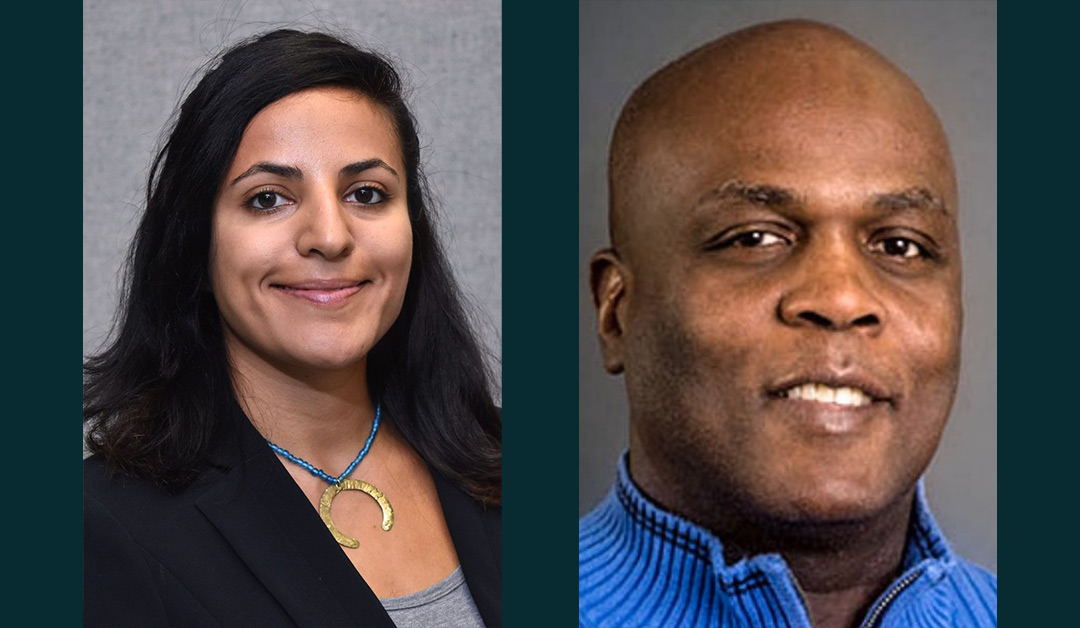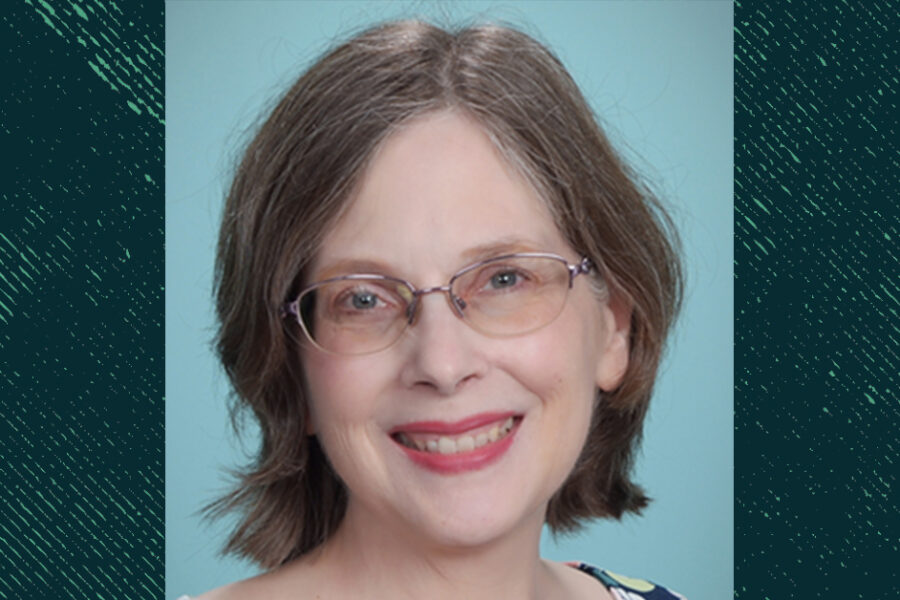The Graduate School of Leadership and Change (GSLC) is delighted to welcome two esteemed faculty members, Rengin Firat, PhD, and Kenneth Williams, EdD, to its academic community. These distinguished scholars bring a wealth of experience, knowledge, and innovative perspectives to our learning community. They were selected after a comprehensive international search, which encompassed hundreds of applicants.
“As we welcome Rengin and Kenneth to our faculty, we are thrilled to bring their remarkable expertise and dedication to our community. Rengin’s pioneering work in neurosociology and social psychology, combined with her commitment to anti-racism and inclusive leadership, will greatly enrich our curriculum and research initiatives. Kenneth’s vast experience in global education, justice-centered leadership, and his dedication to cultivating inclusive environments will profoundly impact our students and faculty alike,” said Amy Rutstein-Riley, PhD, Dean and Director PhD Program in the Graduate School of Leadership and Change. “Their diverse backgrounds and visionary scholarship align perfectly with our mission to foster innovative, inclusive, and transformative learning. We are excited to see the new dimensions of insight and engagement they will bring to our program.”

Rengin Firat, PhD, is a senior scholar-practitioner who combines critical race theory with inclusive leadership and organizational change studies. Her background includes tenure-track teaching and research appointments at large R1 universities coupled with experience in consulting. She has held tenure-track appointments at the Department of Sociology at the University of California Riverside, as well as at the Global Studies Institute at Georgia State University. She has also worked as a Professional Research Staff at the University of California Riverside, School of Medicine, Center for Health Disparities.
Firat’s scholarship is focused on the social psychology of inclusion, with particular attention to anti-racism and inclusive leadership. She takes an innovative empirical approach that is community-based, engaged, and interdisciplinary, integrating sociology, public health, and the neurosciences, which she refers to as neurosociology. She is a highly productive scholar with a range of publications and research projects, including two new book projects under contract entitled The Racialized Brain: The Neurosociology of Race and Racism (under contract, Polity Press) and The Handbook of Neurosociology (Eds., forthcoming, Springer Press). Firat holds a PhD and MA in Sociology from the University of Iowa and a BA in Sociology from Koc University, Istanbul, Turkey.

Kenneth Williams, EdD, is a global practitioner and academic with experience ranging from a college presidency to an instructor teaching from K-12 through undergraduate and graduate levels. He is a leader, mentor, and researcher, with the heart of his work, focused on making the world more just. He has worked with youth from areas of conflict to help instill skills, attitudes, knowledge, and tools to combat social injustices and engage in positive social action. As a consultant to a range of organizations and initiatives, including the OXFAM USA, Vermont Governor’s Institute, and the North Hampton Police Department, he has worked with leaders to create a future world that is more just and inclusive, grounding his consultation efforts in critical and social justice pedagogies.
Williams has held several important academic leadership roles, including President and CAO at Anguilla Community College, British Overseas Territory, and Dean at the School for International Training Graduate Institute in Brattleboro, Vermont, and as well as Associate Dean and Department Chair of Social Justice and Intercultural Relations. Williams’s research is predominantly qualitative. He and GSLC faculty member Dr. Aqeel Tirmizi recently co-authored the article “More Human, Not Less: Global Relevance of Values-Based Leadership” in the Humanistic Management Journal, and he co-published The Handbook of Caribbean Education (2021; Information Age Publishing), among others.
Williams holds a Doctor of Educational Leadership from the Department of Organization and Administration at Columbia University, a Master of Education in Educational Management also from Columbia, a Master of Science in Geography in the Department of Urban Planning from the London School of Economics, and a BA in Geography from the University of West Indies.
Learn more about the Graduate School of Leadership and Change.





